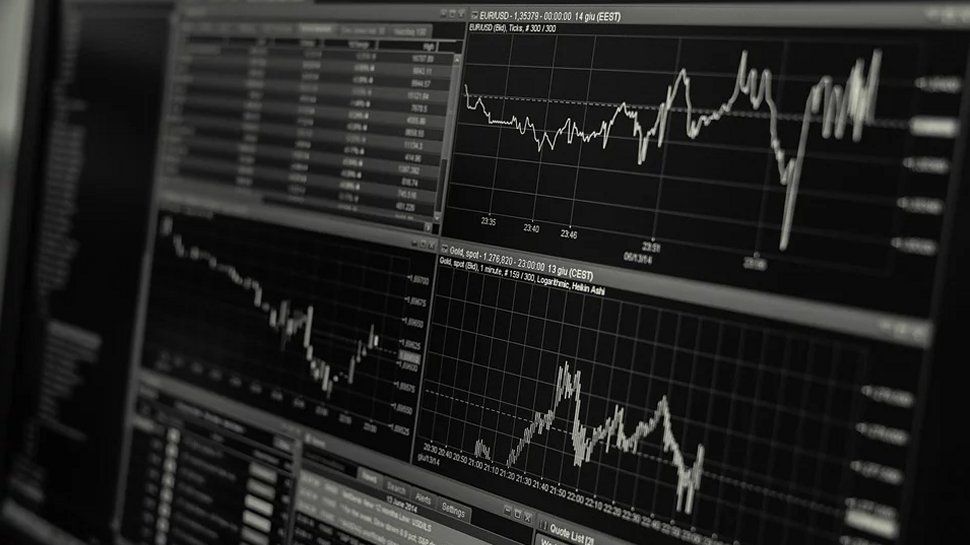Comparing Forex to Stock Investments

Investors nowadays and active traders have access to more trading instruments. There are blue-chip stocks and industrial, and there are the fast-paced futures and forex markets. Choosing among these markets to trade can be challenging and you will need to consider many factors to make the best choice.
The forex market is basically the most liquid and biggest financial market in the world. It is a market where many investors have won trades, but there are also a huge number of traders who have lost to it. Let’s compare it to the stock market.
Forex and Blue-Chip Companies
The foreign exchange market is the world’s biggest financial market, with more than $5 trillion in average traded value daily.
Many traders go the forex market due to its high liquidity, round-the-clock trading, and the huge amount of leverage that participants can afford.
Blue-chip stocks, meanwhile, refer to the stocks of well-established and financially secure companies. These stocks are usually able to operate profitably during challenging economic conditions and have a history of paying dividends.
They are generally considered to be less volatile than many other investments. They are also often used for their steady growth potential to investors’ portfolio.
Volatility
Volatility is the measure of short-term price swings. Although some traders like day traders and short-term traders depend on volatility to gain profits from quick price swings in the market, other traders are still more comfortable with lower volatility and less risky investments.
As a result, many short-term traders are moving into the forex markets. Meanwhile, the buy-and-hold investors can move into the more stable blue-chip stocks.
Leverage
Another thing an investor needs to consider is leverage. In the US, investors usually can use 2:1 leverage for stocks.
The forex market, on the other hand, can offer higher leverage of up to 50:1. In other parts of the world, that leverage can be much higher.
However, leverage isn’t always necessarily a good thing. Although it certainly offers the springboard to build equity with a small investment, leverage can easily destroy your trading account.
Forex and Indices
Stocks market indices are a combination of similar stocks that can be used as a benchmark for a specific portfolio or the broader market.
In the US stock markets, the major indices are the Dow Jones Industrial Average, Standard & Poor’s 500 index, the NASDAQ Composite Index, and the Russell 2000.
These indices offer traders and investors a useful method of measuring the overall movement of the broader market.
There’s a wide range of product that offer investors broad market exposure through stock market indices.
Exchange-traded funds (ETFs) based on stock market indices are very widely traded.
Stock index futures and e-mini index futures are other popular instruments based on the underlying indexes. The e-minis have strong liquidities and are the favorites among short-term traders because of their favorable average daily price.
Apart from that, the contract size is much more affordable than the full-sized stock index futures contract.
These e-minis are traded on a round-the-clock basis on all electronic and transparent networks.









